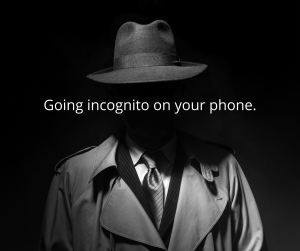Smartphones provide all kinds of information that advertisers might find useful, including the user’s locations throughout the day. While this information is aggregated and anonymized—excluding names and other identifiers—it’s possible that hackers or other malevolent actors could gain access to a user’s raw data.
Location tracking can be useful for a number of reasons, ranging from targeted advertising from stores and brands, to traffic monitoring and reporting on the part of GPS apps, to analyzing the growth of potential coronavirus hot spots. But people often don’t know their information is being tracked, and disclosures that providing their location for use in a weather app might lead to their data being sold, for example, are often buried in the fine print.
 Chicago Business Attorney Blog
Chicago Business Attorney Blog



